Perhaps it was wishful thinking that President Trump would cede power and retire gracefully from the White House, but this week’s US election has taken the uncertainty of 2020 to a whole new level. Will he sue? Could he win?
What on earth will happen next?
If you’re feeling that you can’t take much more of this, you’re not alone. Coming after the bushfires and the small matter of the pandemic, this extended period of uncertainty over what should be a simple vote seems particularly cruel. Everyone is tired now.
So we decided to do the sensible thing and ask some experts – from a sleep expert to a historian (for the long view) – to share their advice on how to cope during the next few weeks, while we just have a bit of a lie down.
‘We need to keep perspective’
Melbourne psychiatrist Dr Jayasrhi Kulkarni
Coping with multiple uncertainties relies on identifying the issues we can control and those that affect us directly, says Dr Jayashri Kulkarni, a psychiatrist at Alfred Health in Melbourne. We need to let go of everything else.
“Take the existential horror of thinking about Covid-19 in Europe right now,” she says. “Unless you have a relative directly impacted by it, you need to park thoughts about the pandemic and say to yourself: “It’s a problem, I feel bad for those people affected, but it’s not in my orb at the moment, and therefore I am going to stop focusing on it.”
Dr Kulkrani also points out that in Australia we are actually living in relative certainty.
“It’s interesting that there is this uncertainty about the US election here. We must remember that this is not our government: We can be interested in the US election, but we need to keep perspective on what actually impacts us personally.”
You need to park thoughts about the pandemic
When starting to feel anxious, Dr Kulkarni recommends engaging in a bit of introspection.
“It may sound scary, but try to address each anxious thought and break it down, issue by issue, into bite-sized chunks,” she says. “People always feel overwhelmed and anxious when they feel the world is going to hell, when that feeling of the bigness of the world and the smallness of the individual really hits.
“This is the time to take a step back and make the world smaller by thinking: ‘What actually constitutes my world, and not the world beyond?’”
‘History shows us our response will be healing’
Professor Guy Geltner is a historian at Monash University
Cheerily, Professor Geltner says the 2020 pandemic has managed to connect the world through a shared sense of loss, fear and reduction of liberties.
“We (the middle and wealthy classes in particular) have grown extremely accustomed to not worrying about crossing borders, going out whenever we want, throwing money at problems,” he says.
Meanwhile, “it has also brought back historical memories for people who come from oppressed countries, and who may be now experiencing certain restrictions in the context of the past.”
Yet while academics often use pandemics as a means to show how humans can turn on each other, Professor Geltner says historical evidence actually suggests the opposite.
“When a crisis like a pandemic hits, the fabric of society becomes stretched to the max,” he says. “Yes, pandemics sometimes bring out the worst in us and cause a decrease in religious tolerance, and an increase in domestic violence and blame towards ethnic, gender, cultural – any – minorities.
“But history shows us that in every case, the response to a pandemic on a global scale has tended to be more healing than destructive; it has prompted a rethinking of social order, of inequalities and how to address them.”
‘Stop scrolling at bedtime’
Sleep expert Melinda Jackson, of the Turner Institute for Brain and Mental Health at Monash University
Uncertainty can be linked with stress and anxiety if it manifests in a fear of the future, says sleep expert Melinda Jackson. In fact, a recent Australian-led global study with more than 2000 respondents found that 46 per cent of us were sleeping poorly (compared to 25 per cent pre-Covid) and two in five people were waking up frequently during the night.
“In uncertain times, it’s probably common that people find it difficult to get to sleep at night or are waking up during the night,” she says. “We know that stress is a major precipitator of insomnia, and we are currently living in extremely stressful and uncertain times.”
We know that stress is a major precipitator of insomnia
Dr Jackson says one way to ease our anxieties – and regain some desperately needed shut-eye – is to focus on the things we can control in our lives.
“One of the major things we would recommend in terms of developing good sleep hygiene is to stop looking at social media close to bedtime,” Dr Jackson says. “If you’re still scrolling on your phone looking up election results from your bed, you’re not allowing yourself a break from all that information.”
‘Accept that nothing in life is certain’
Dr Addie Wootten, CEO at Smiling Mind app and education programmes
“Mindfulness can be so helpful for us when it comes to dealing with uncertainty,” Dr Wootten says.
“Learning to sit with – and tolerate – uncertainty, and becoming open to the fact that life in general is uncertain, can be really helpful when dealing with so many unsettling events, such as the bushfires, the pandemic and now, the US election.
“We have to remember that nothing in life is actually certain, and to accept that.”
One positive effect of 2020’s litany of disaster is that the public health focus has shifted to mental health, with increased government funding for counselling and wellbeing programmes.
“If we are to get something out of this year, it’s the realisation that we don’t have to be afraid of all these negative emotions we are experiencing,” Dr Wootten says. “It’s human nature to feel anxiety, stress and fear; what we now have to do is to learn to deal with those emotions, and feel them without being overwhelmed by them.”
Being compassionate to yourself – not judging yourself and putting yourself down – is closely related to improved mental wellbeing, as is making the time to practice mindfulness daily, she adds.
“People who put in the effort to live mindfully tend to have self-compassion, which in turn [promotes] better mental health and optimism about the future.”





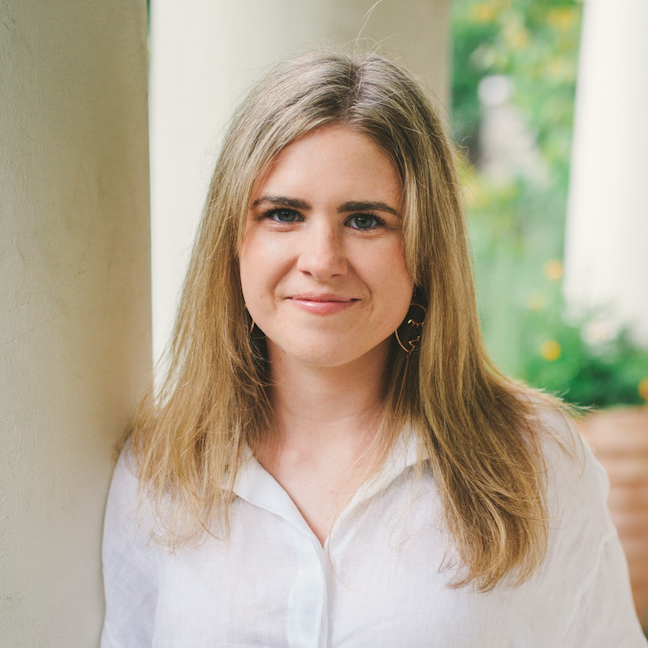

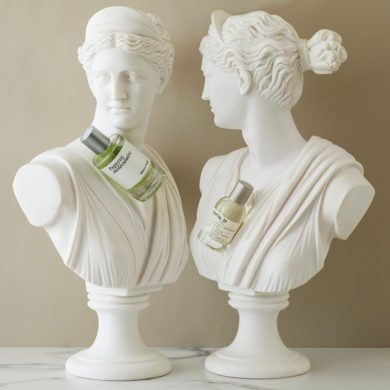
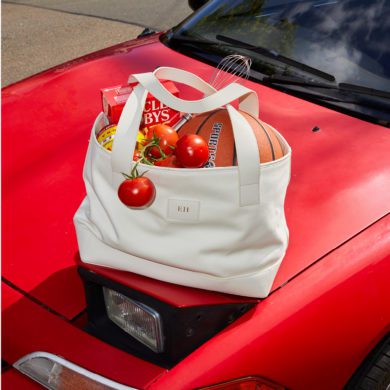
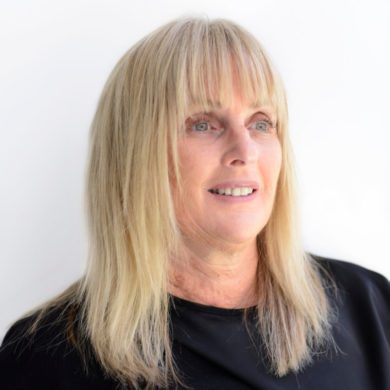
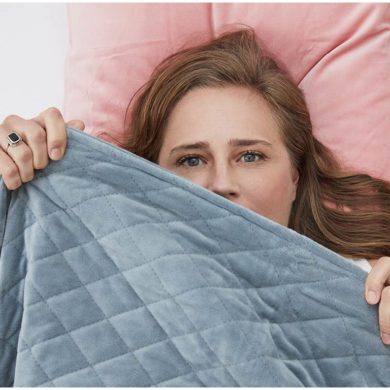

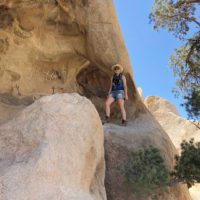
No Comments